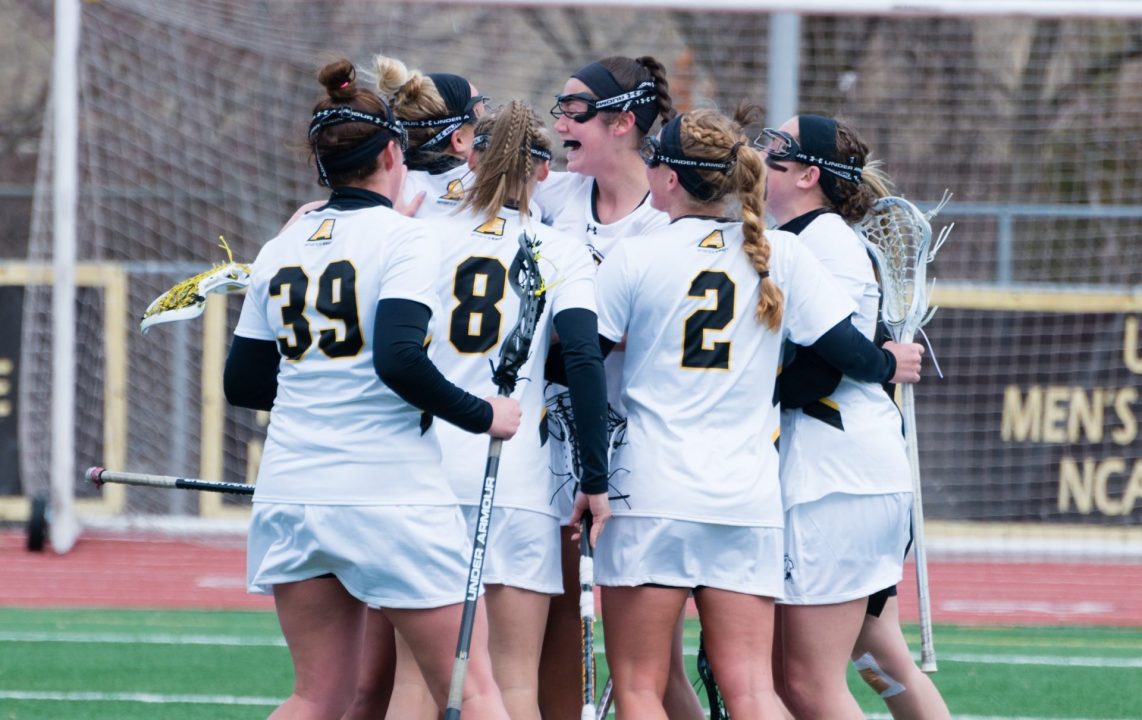Entrepreneurial technologies at UMBC eligible to receive backing from MD tech fund
College campuses are naturally places of innovation and creativity. It only makes sense that there should be a fund available for faculty members and their research teams to support such innovation. This is where the Technology Catalyst Fund comes in.
The Office of Technology Development describes the TCF as a fund “for UMBC faculty to advance their scholarly and research endeavors into commercially viable technologies,” according to the Office of the Vice President of Research website. The fund is available to qualifying UMBC members who have disclosed the technology to UMBC’s Office of Technology Development.
The money in the TCF comes from the Maryland Innovation Initiative. OTD Director Wendy Martin said, “The state is supporting anything that involves entrepreneurial activity.” Having a marketable technology is a crucial part of qualifying to receive funding through this grant.
In fact, MII is sponsored by Technology Development Corporation. TEDCO sponsors are involved in a number of state and federal initiatives, funds, organizations and partnerships.
Recently, the TCF has awarded a number of researchers at UMBC to fund the development of technology that has potential for commercial introduction. One such technology comes from Assistant Professors of Computer Science and Electrical Engineering, Ryan Robucci and Nilanjan Banerjee as well as professor of CSEE, Chintan Patel.
The three person team was awarded the grant for their distracted driving detector, a sensor that detects proximity of different body parts in order to detect distracted driving. The detector aims to prevent accidents. It also allows those who are in charge of fleets of vehicles to decide which drivers they should or shouldn’t hire, or who may be at high risk for accidents based on their data.
Other labs at UMBC have received the TCF grant including Biological Sciences Professor Suzanne Ostrand-Rosenberg and her three person graduate team for coming up with “BiTES,” a cancer treatment that aims to stop the shutdown of immune cells in the body.
The process heavily involves UMBC members with principle investigator status. If a student could find a PI on campus, they could approach them with their ideas and partner with that particular lab. Without a centralized system however, there simply is no way for students to submit their own ideas for consideration.
A new open submission system could allow many student ideas to come to fruition without the hassle of the current system. Erika Lipford, a freshman biology major said, “If there was a simple, easy to use system that allowed students to submit their ideas and develop them further, it would be an incredible step forward. Having a network that is able to let students pursue their ideas would be an amazing thing.”
The TCF is a great way for UMBC faculty to continue conducting great research and designing the tech of tomorrow, showcasing the talent from professors and students coming together to create innovative solutions.




